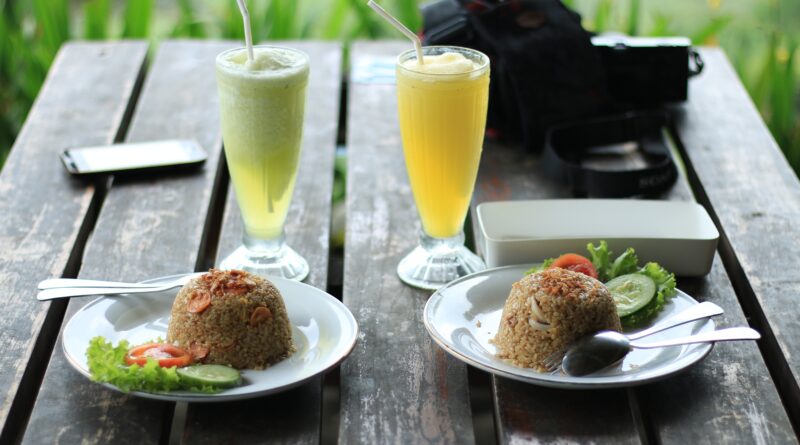Almost Japanese people say “itadakimasu” before eating , and say “gochisousama” after eating with their hands close together.
「いただきます」と「ごちそうさま(でした)」
“Itadakimasu” means that you will receive lives of animals or plants, and this phrase represents gratitude for great nature.
ほとんどの日本人は、食事を食べる前に「いただきます」と、食事を食べ終わったあとに「ごちそうさま」と、手を合わせて言います。
“Gochisousama” represents gratitude for people who prepared meals.
「いただきます」は、動物や植物の命を頂くという意味であり、偉大な自然に対する感謝の気持ちを表しています。
When these phrase are translated into English, “itadakimasu” will be “let’s eat,” and “gochisousama” will be “I’m full/satisfied,” though, there are some differences between their nuances.
「ごちそうさま」は、料理をもてなしてくれた人に対する感謝の気持ちを表す言葉です。
I think it is hard to translate greeting phrases or idiomatic expressions well.
これらの表現が英語に訳されるとき、「いただきます」は “lets’s eat” に、「ごちそうさま」は “I’m full/satisfied” になりますが、ニュアンスは少し異なります。

